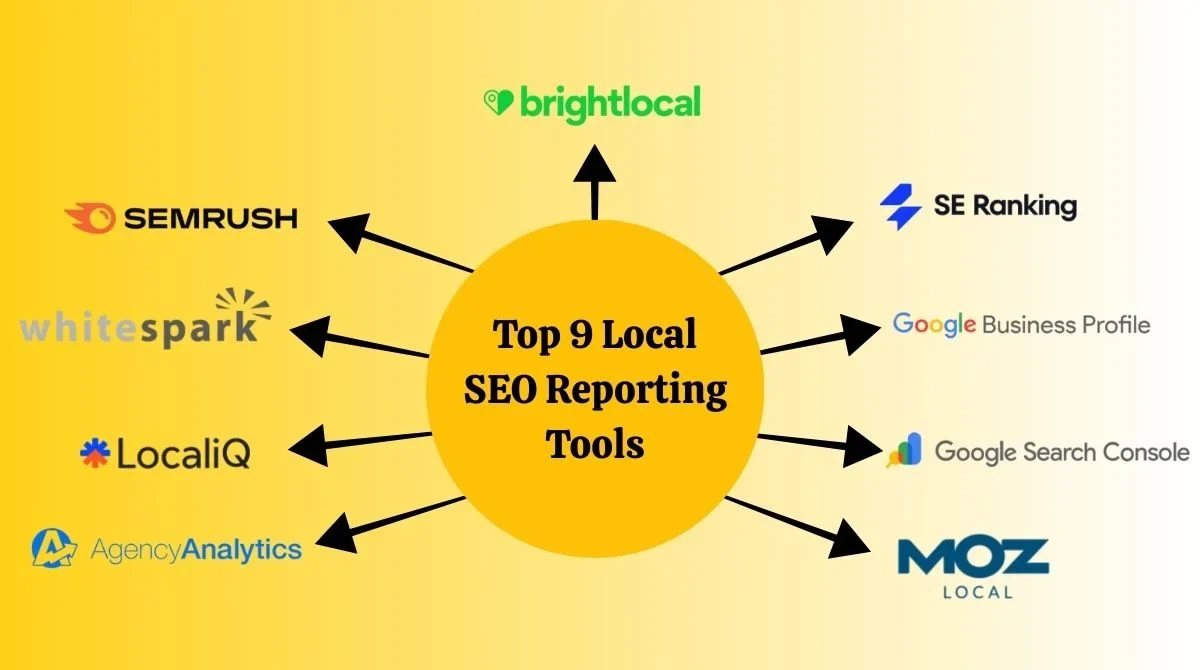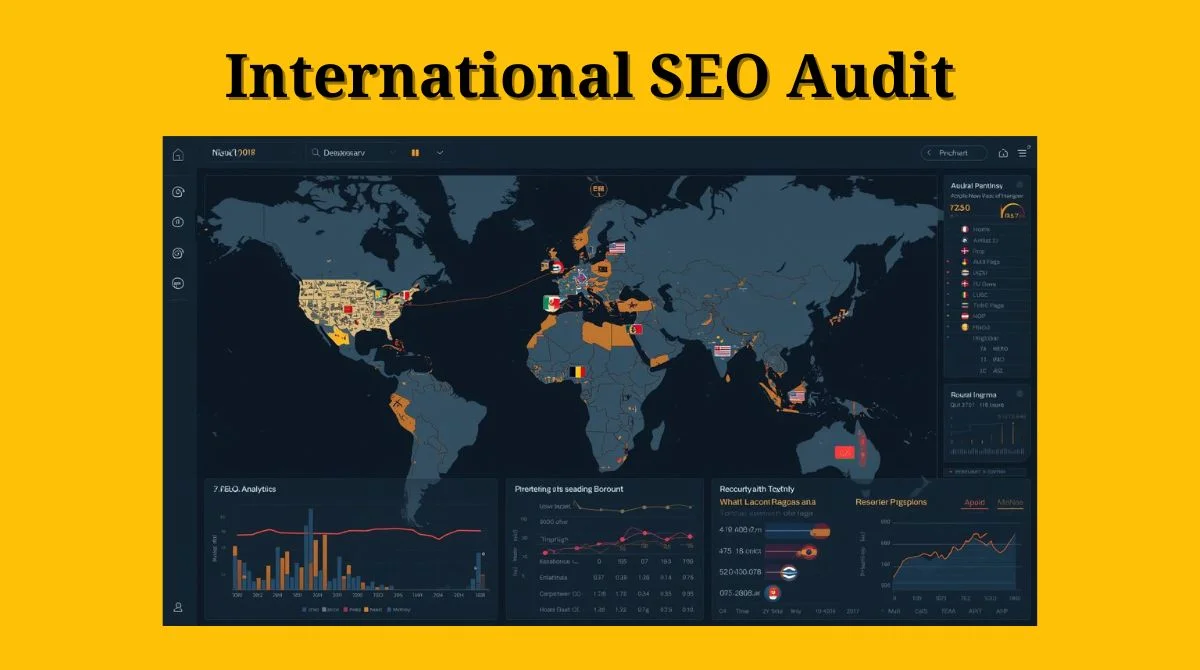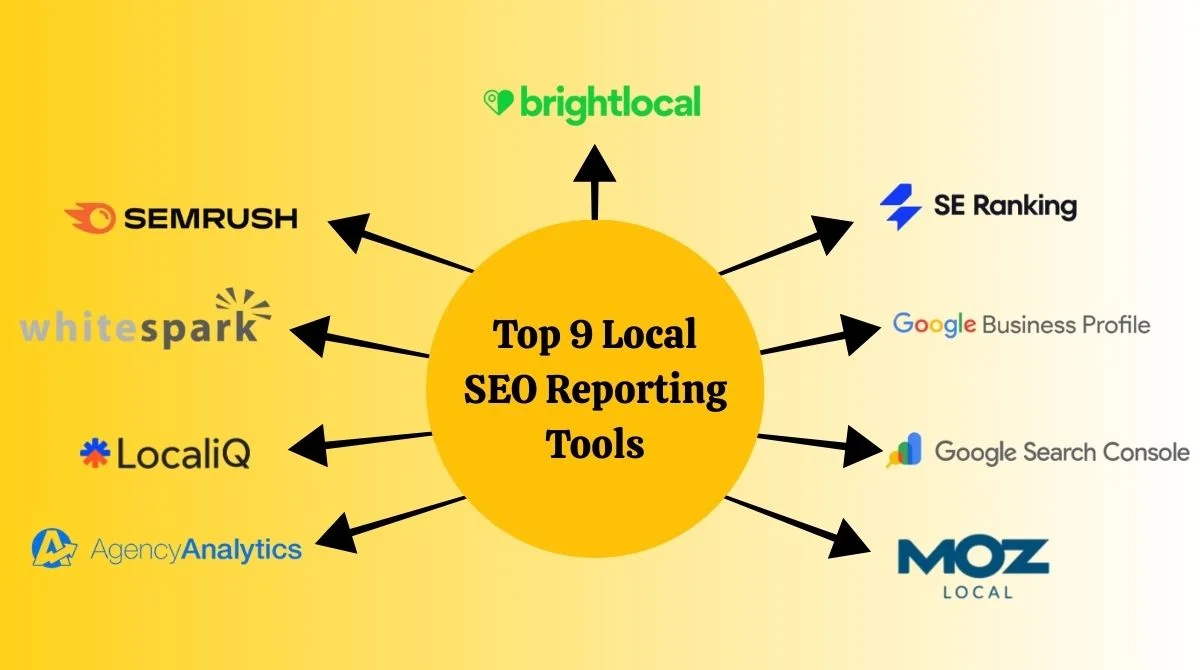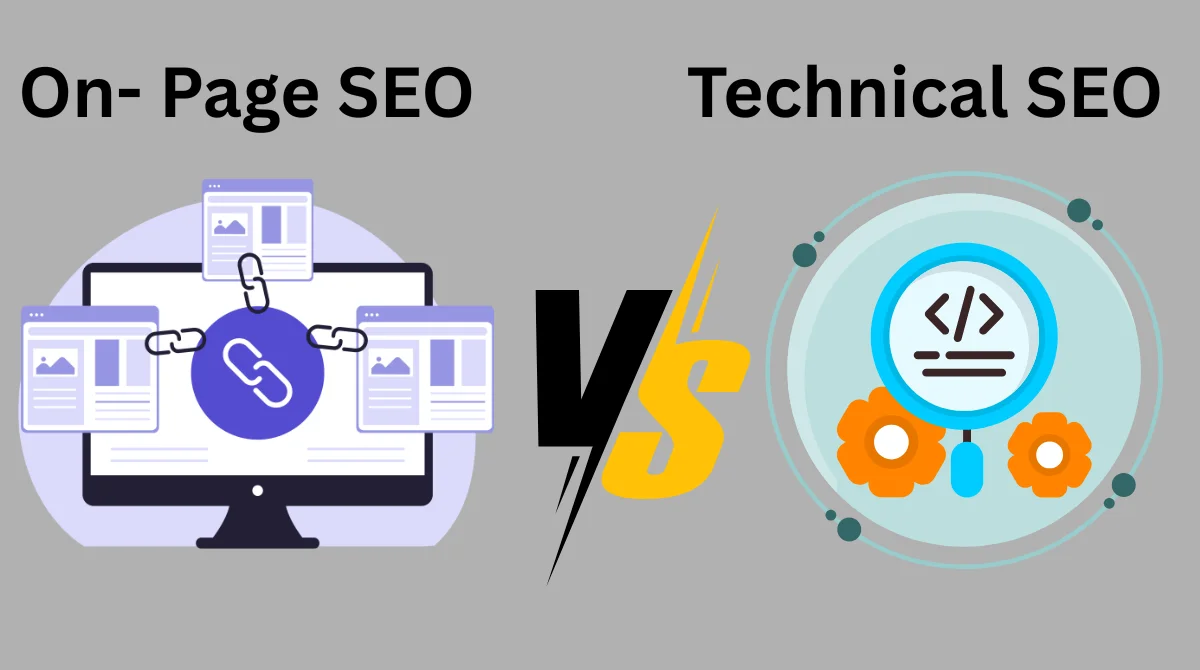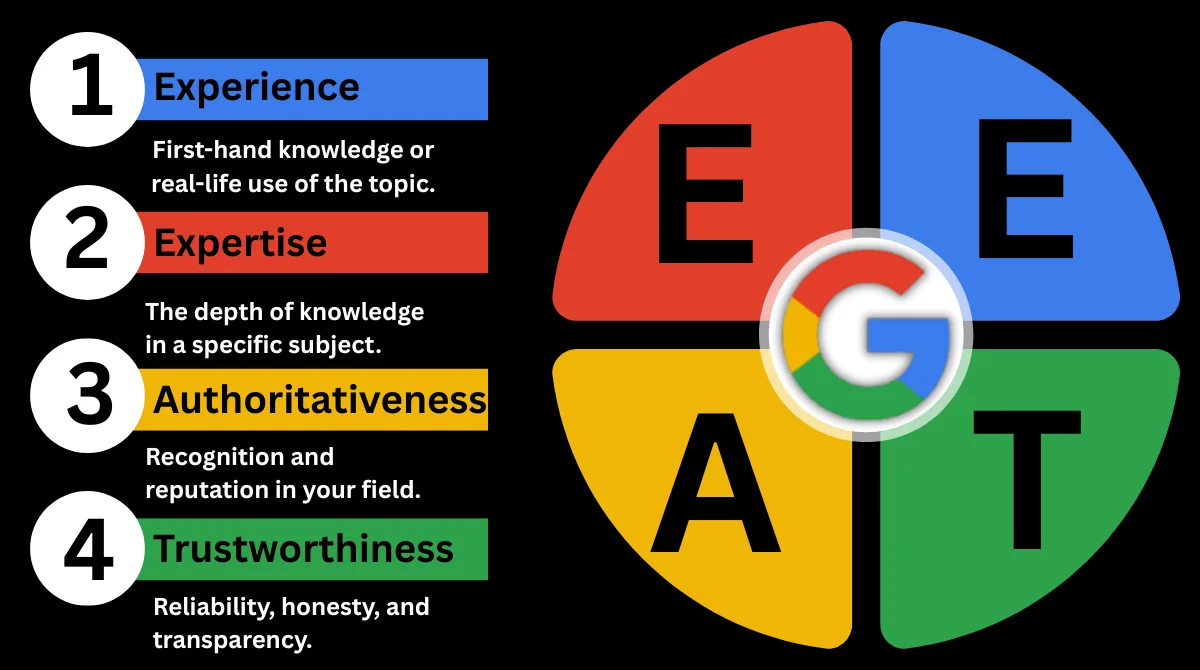- Why Local SEO Reporting Tools Matter for Small Businesses?
- Essential Features to Look for in Local SEO Reporting Tools
- Top 9 Local SEO Reporting Tools for Small Businesses
- How to Choose the Right Tool for Your Small Business?
- Getting Started with Local SEO Reporting
- Measuring Success with Local SEO Reporting Tools
- Common Mistakes to Avoid
- Conclusion
Local businesses need proper tracking to succeed online. Without the right data, you cannot improve your search rankings or understand customer behavior. Local SEO reporting tools provide valuable insights that help small businesses compete with larger competitors.
The average SEO conversion rate for small businesses is around 2.4%, but with local SEO, that rate can jump to an impressive 72%! This shows why investing in proper local SEO tracking matters for your business growth.
Why Local SEO Reporting Tools Matter for Small Businesses?
Small businesses face unique challenges in digital marketing. Limited budgets and resources make it crucial to choose the right tools. Local SEO reporting tools help you understand what works and what needs improvement.
These tools track your business’s visibility in local search results. They monitor your Google Business Profile performance and analyze competitor activities. Most importantly, they provide actionable data you can use to make informed decisions.
Key benefits include:
- Track local search rankings across different locations.
- Monitor Google Business Profile insights and engagement.
- Analyze competitor performance in your area.
- Generate automated reports for stakeholders.
- Identify opportunities for improvement.
Essential Features to Look for in Local SEO Reporting Tools
When choosing local seo reporting tools, certain features are non-negotiable for small businesses. Look for platforms that offer local rank tracking with geographic precision. Your tool should monitor multiple search engines, not just Google.
Citation monitoring is another crucial feature. Your business information must remain consistent across all online directories. The right tool will alert you when discrepancies occur.
Must-have features:
- Local rank tracking by city, zip code, or custom radius.
- Google Business Profile monitoring and insights.
- Citation tracking and management.
- Competitor analysis and benchmarking.
- White-label reporting capabilities.
- Integration with Google Analytics and Search Console.
Top 9 Local SEO Reporting Tools for Small Businesses
1. BrightLocal
BrightLocal is widely regarded as a reliable choice for monitoring local search performance. It provides comprehensive tools for monitoring rankings, auditing citations, tracking Google Business Profile metrics, and generating detailed reports.
BrightLocal offers local rank tracking for multiple locations and devices. The platform includes citation-building services and reputation management features. Small businesses appreciate its user-friendly dashboard and affordable pricing structure.
Best for: Small businesses needing comprehensive local SEO tracking.
Pricing: Starting from $29/month.
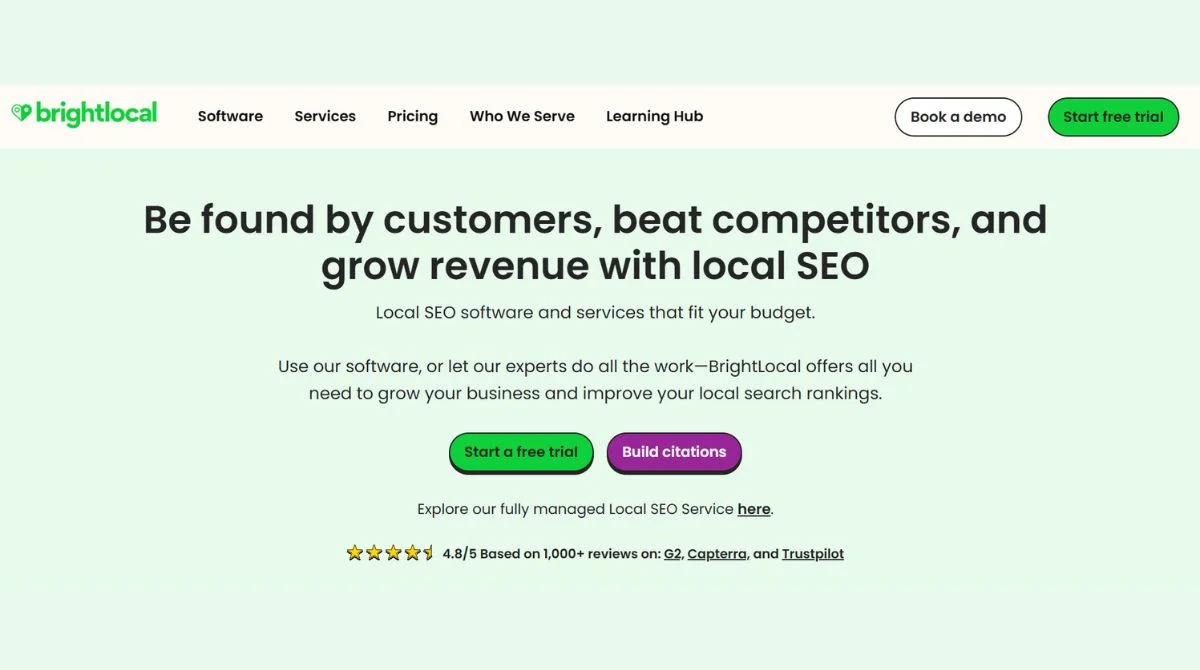
2. SE Ranking
SE Ranking is a complete SEO solution designed for small to mid-sized businesses that want to improve their local search visibility. It hits that sweet spot of being both comprehensive and approachable for businesses without technical expertise.
The platform includes location-specific rank tracking and competitor analysis. SE Ranking provides automated reporting features and integrates with popular analytics platforms. Their local SEO toolkit covers everything from citation management to review monitoring.
Best for: Small businesses wanting all-in-one SEO solutions.
Pricing: Starting from $39/month.
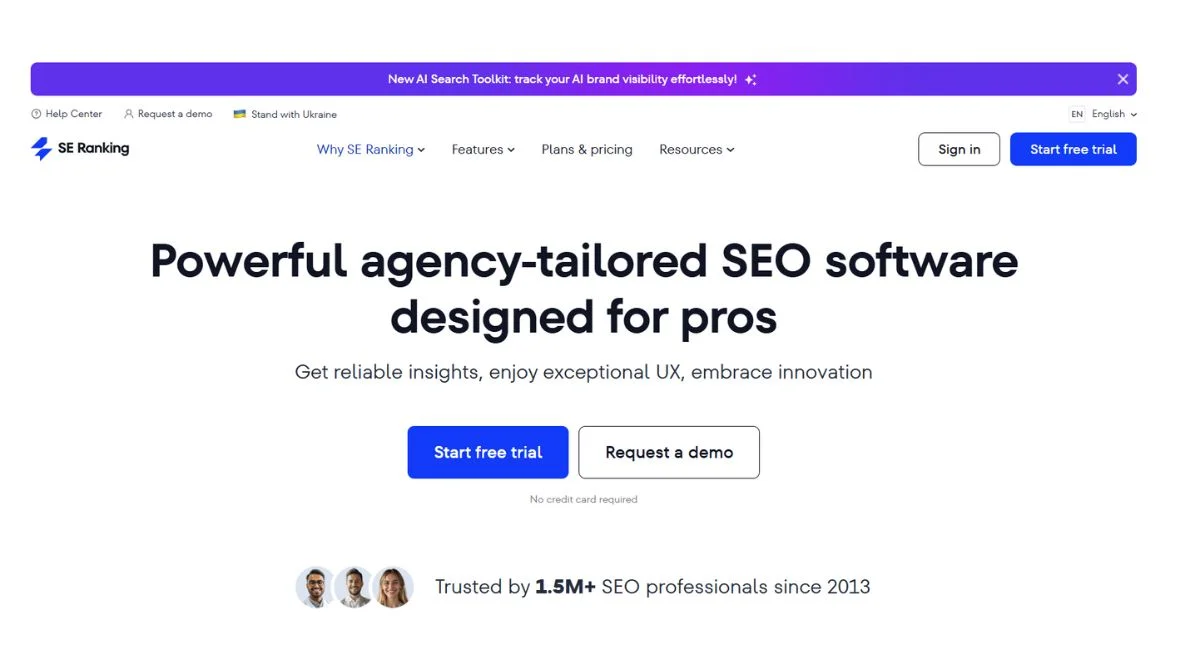
3. Google Business Profile Insights
Google Business Profile (formerly Google My Business), or GBP for short, is a free local business listing tool. It allows you to publish your business listing on Google Maps. And get discovered through Google Search.
While basic, GBP Insights provides essential data about customer interactions. You can see how people find your business and what actions they take. The tool shows search queries that led to your profile views.
Best for: Budget-conscious small businesses starting with local SEO.
Pricing: Free.
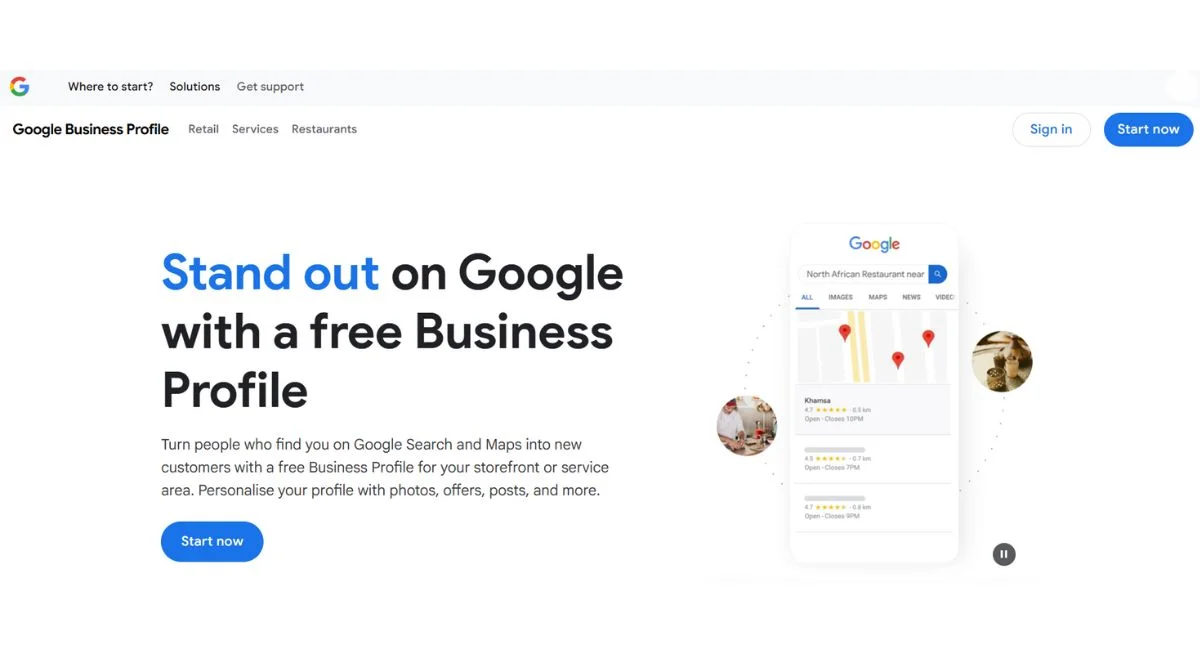
4. Google Search Console
Google Search Console is a powerful, free service that helps you monitor your website’s performance in Google’s search results. For local businesses, it provides valuable data about local search performance and technical issues.
The platform shows which keywords bring traffic to your website. You can identify local search terms that drive the most clicks. Search Console also alerts you to indexing problems that could hurt your local rankings.
Best for: Small businesses focusing on organic search performance.
Pricing: Free.
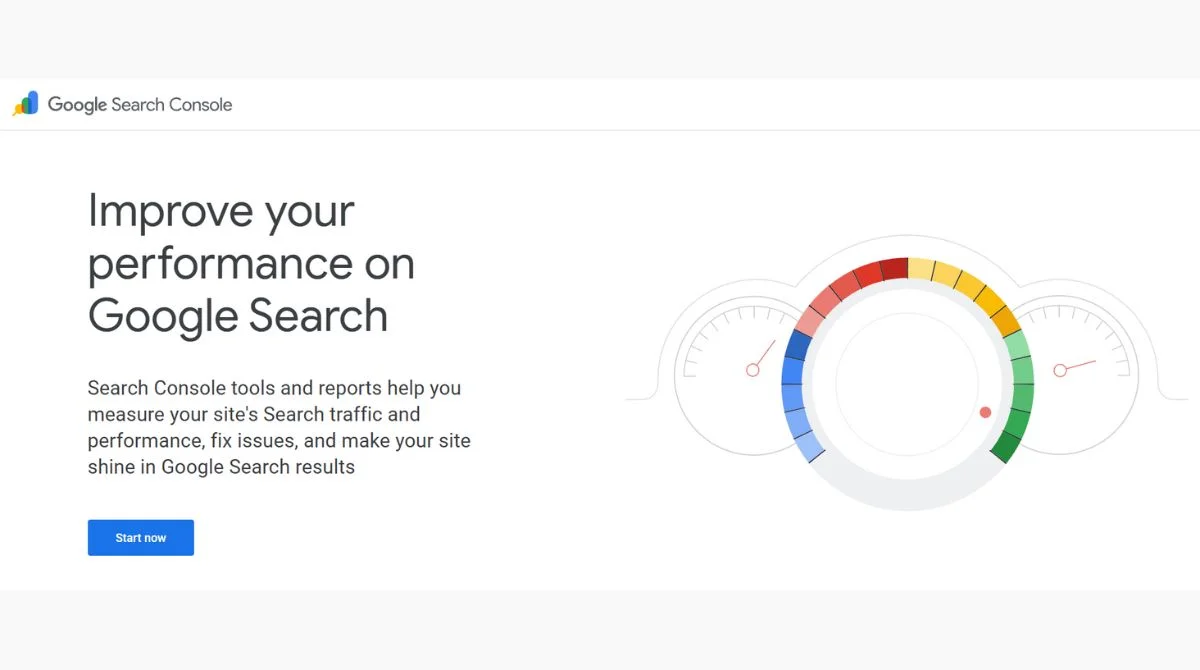
5. Moz Local
Moz Local specializes in local listing management and citation building. The platform monitors your business information across major directories and search engines. It provides detailed reports on citation consistency and local search visibility.
The tool includes review monitoring and response management features. Moz Local helps small businesses maintain accurate information across the web. Their dashboard provides clear insights into local SEO performance.
Best for: Small businesses prioritizing citation management.
Pricing: Starting from $99/month.
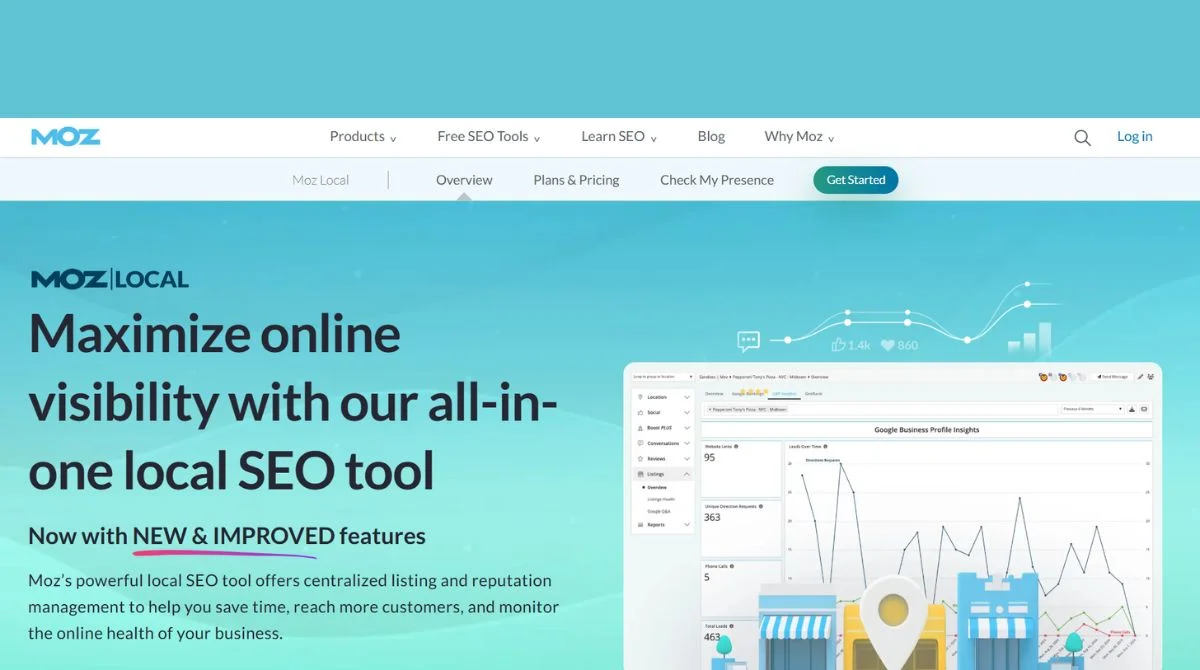
6. Semrush
SEMrush is a popular SaaS platform specializing in keyword research, competitor analysis, and optimization of Google Ads campaigns. Their local SEO toolkit includes position tracking and competitive analysis features.
Semrush provides comprehensive keyword research for local search terms. The platform tracks rankings for location-specific queries and analyzes competitor strategies. Their reporting features help small businesses understand market opportunities.
Best for: Small businesses needing advanced competitor analysis.
Pricing: Starting from $119.95/month.
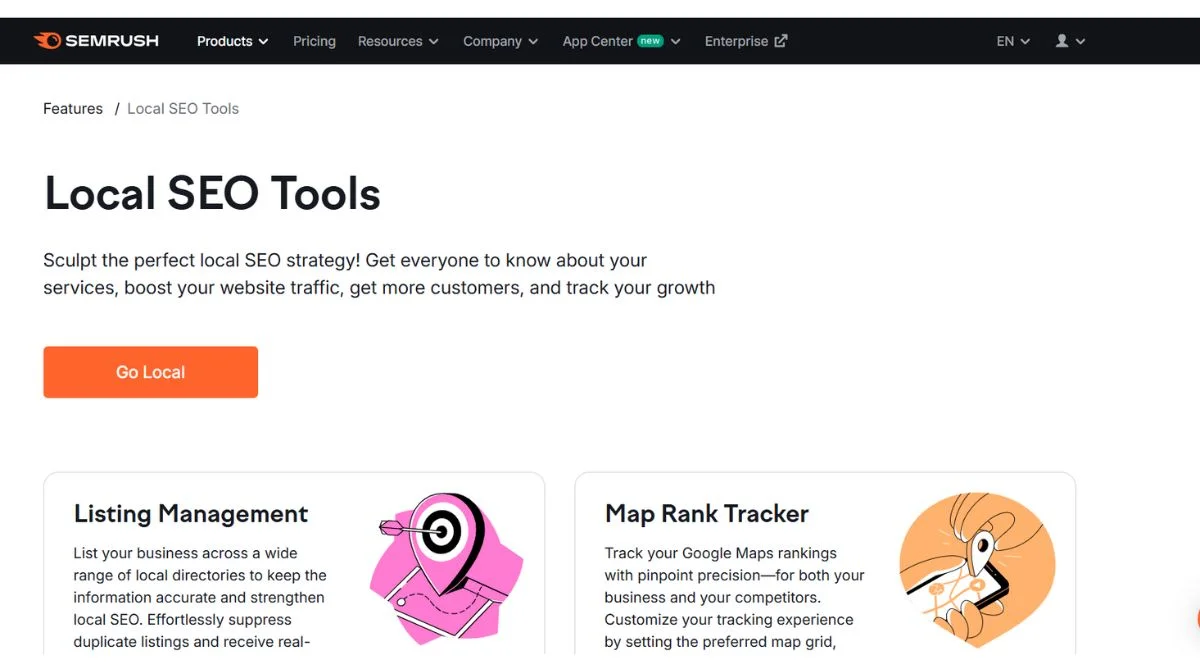
7. Whitespark
Whitespark focuses specifically on local SEO tools and services. Their Local Rank Tracker provides accurate local search ranking data. The platform includes citation finder tools and local keyword research capabilities.
The tool tracks rankings for specific geographic areas with high precision. Whitespark provides detailed reports on local search performance and competitor activities. Their customer support team understands local SEO challenges.
Best for: Small businesses needing specialized local SEO tracking.
Pricing: Starting from $20/month.
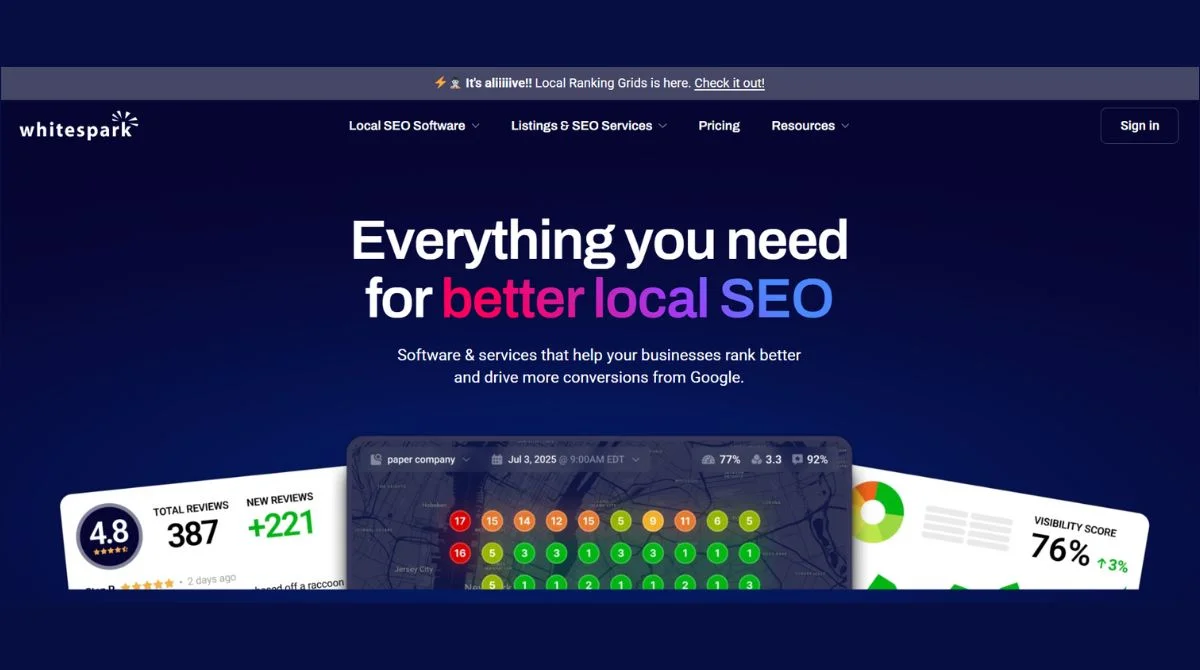
8. LocaliQ Insights
LocaliQ offers local SEO reporting tools designed for small businesses. The platform combines rank tracking with business listing management. Their dashboard provides easy-to-understand insights about local search performance.
The tool includes reputation management features and review response automation. LocaliQ helps small businesses maintain a consistent online presence across multiple platforms. Their reporting focuses on actionable insights rather than complex data.
Best for: Small businesses wanting simplified local SEO management.
Pricing: Custom pricing available.
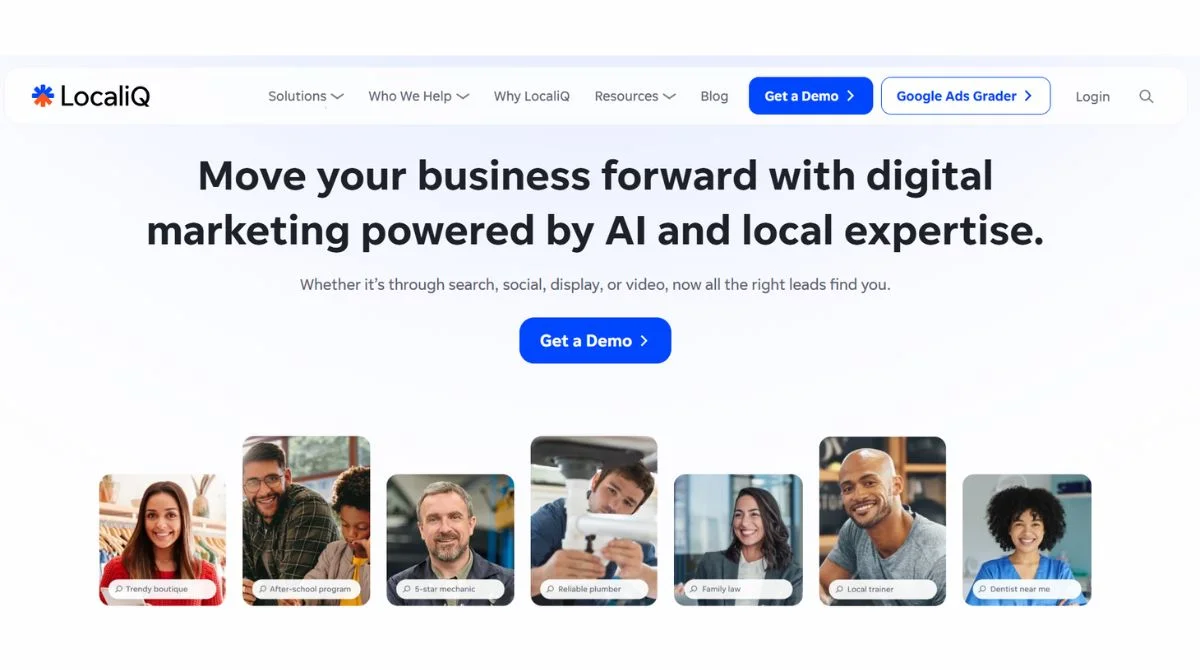
9. Agency Analytics
If you’re running an agency, automation and client reporting might make AgencyAnalytics or Semrush a better fit. AgencyAnalytics provides white-label reporting solutions for small businesses and agencies.
The platform combines data from multiple sources into comprehensive reports. AgencyAnalytics tracks local rankings, Google Business Profile metrics, and website analytics. Their automated reporting saves time for busy business owners.
Best for: Small businesses needing automated reporting solutions.
Pricing: Starting from $49/month.
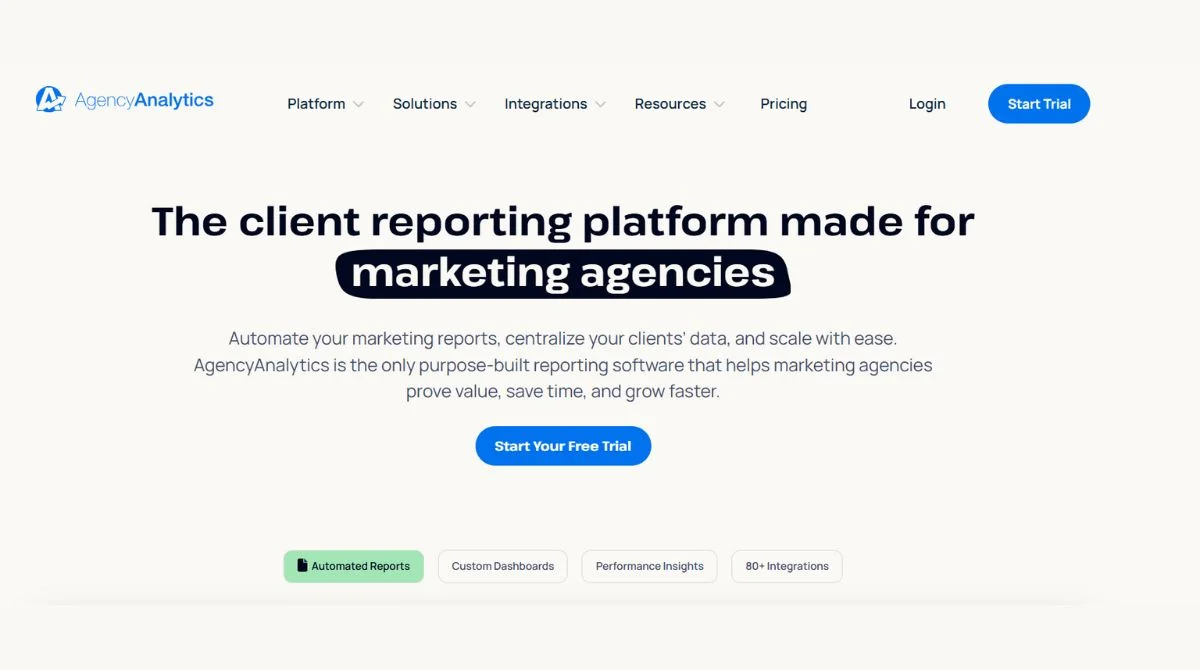
How to Choose the Right Tool for Your Small Business?
If you’re a solo blogger, Google Search Console and Yoast SEO might be all you need to keep track of performance. However, growing businesses need more comprehensive solutions.
Consider your business size, budget, and technical expertise when choosing tools. Start with free options like Google Business Profile and Google Search Console. As your business grows, invest in paid tools with advanced features.
Factors to consider:
- Monthly budget for SEO tools.
- Number of business locations to track.
- Level of technical expertise in your team.
- Integration needs with existing systems.
- Reporting requirements for stakeholders.
Getting Started with Local SEO Reporting
Begin by setting up Google Business Profile and Google Search Console accounts. These free tools provide essential baseline data for your local SEO efforts. Ensure your business information is accurate and complete across all platforms.
Next, choose one paid tool that matches your budget and needs. Start with basic rank tracking and citation monitoring. As you become comfortable with the data, explore advanced features like competitor analysis.
Implementation steps:
- Set up free Google tools first.
- Choose one primary paid reporting tool.
- Configure tracking for your target keywords.
- Establish baseline metrics for comparison.
- Schedule regular reporting and analysis.
Measuring Success with Local SEO Reporting Tools
In some cases, Google may show an AI-generated summary for local searches before the map pack, especially for queries like “best [service] near me.” This trend makes tracking your visibility even more important.
Focus on metrics that directly impact your business revenue. Track phone calls, direction requests, and website visits from local search. Monitor your average position in local search results and map pack appearances.
Key metrics to track:
- Local search ranking positions.
- Google Business Profile views and actions.
- Citation consistency across directories.
- Online review ratings and volume.
- Website traffic from local searches.
- Conversion rates from local visitors.
Common Mistakes to Avoid
Many small businesses make the mistake of tracking too many metrics without focusing on actionable insights. Choose a few key performance indicators that align with your business goals. Avoid tools that provide data without clear recommendations for improvement.
Another common error is inconsistent tracking periods. Set up regular reporting schedules and stick to them. Monthly reports work well for most small businesses, providing enough data to identify trends without overwhelming detail.
Mistakes to avoid:
- Tracking metrics without clear action plans.
- Choosing tools beyond your technical capabilities.
- Ignoring competitor analysis and benchmarking.
- Focusing only on rankings instead of conversions.
- Neglecting to update business information regularly.
Conclusion
Local seo reporting tools are essential for small business success in today’s competitive digital landscape. Start with free tools like Google Business Profile and Google Search Console to establish your baseline metrics. Choose tools that match your budget and focus on metrics that directly impact your revenue. Regular monitoring helps you stay ahead of competitors and grow your local presence effectively.

